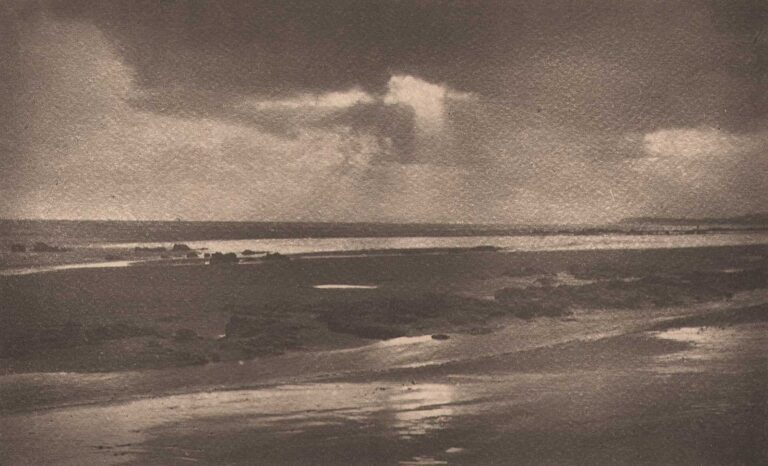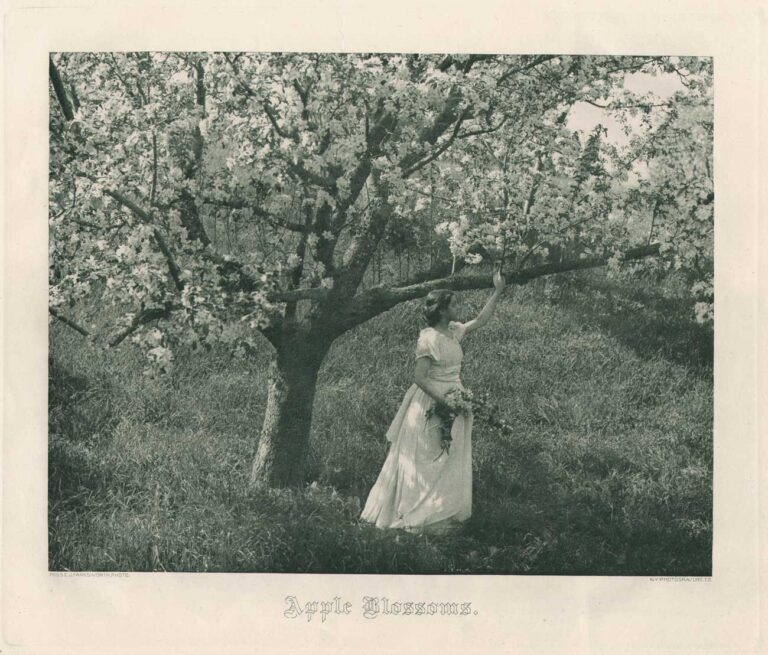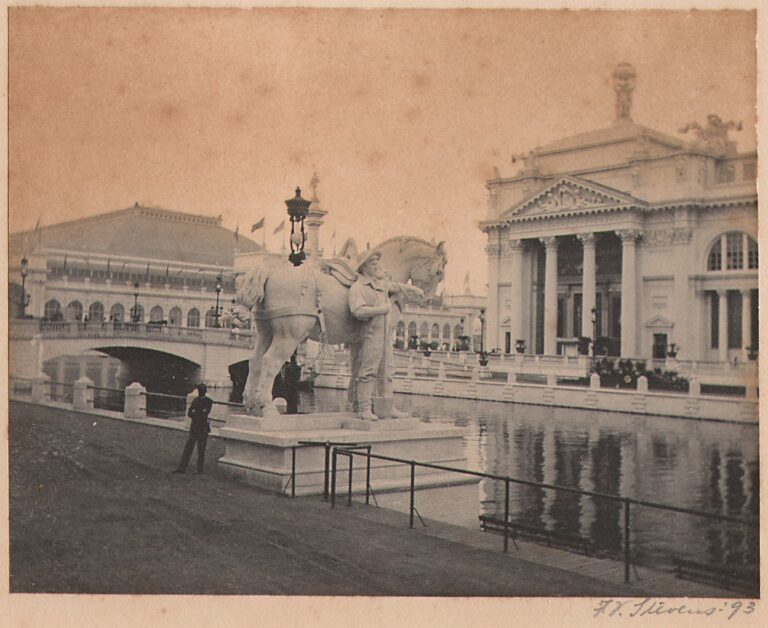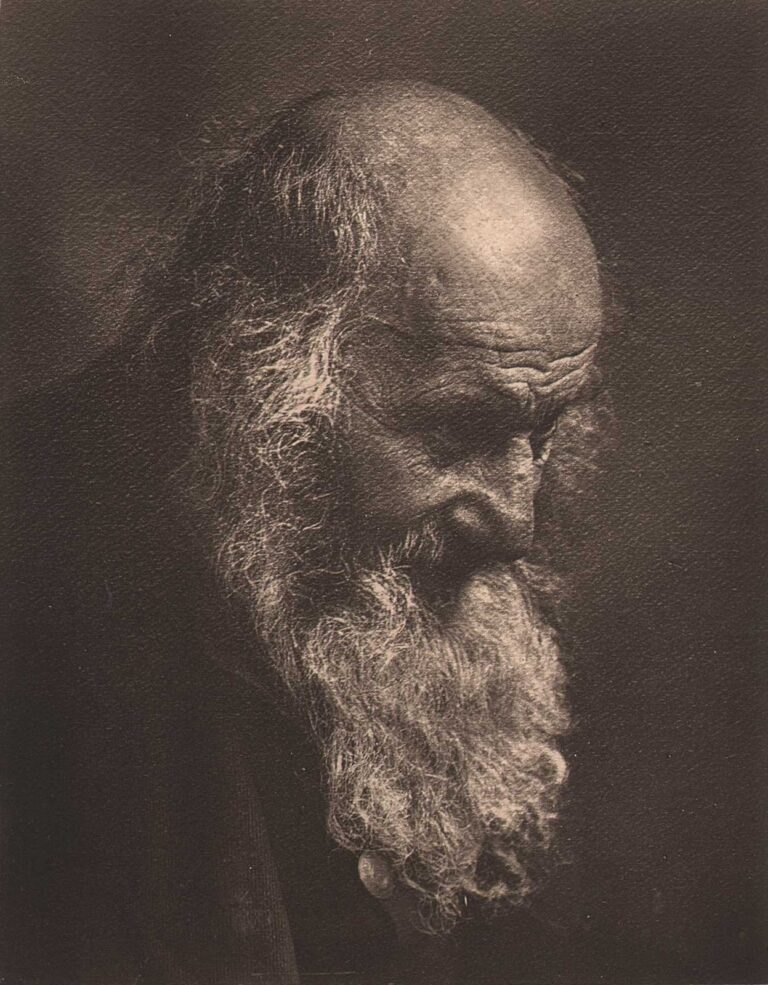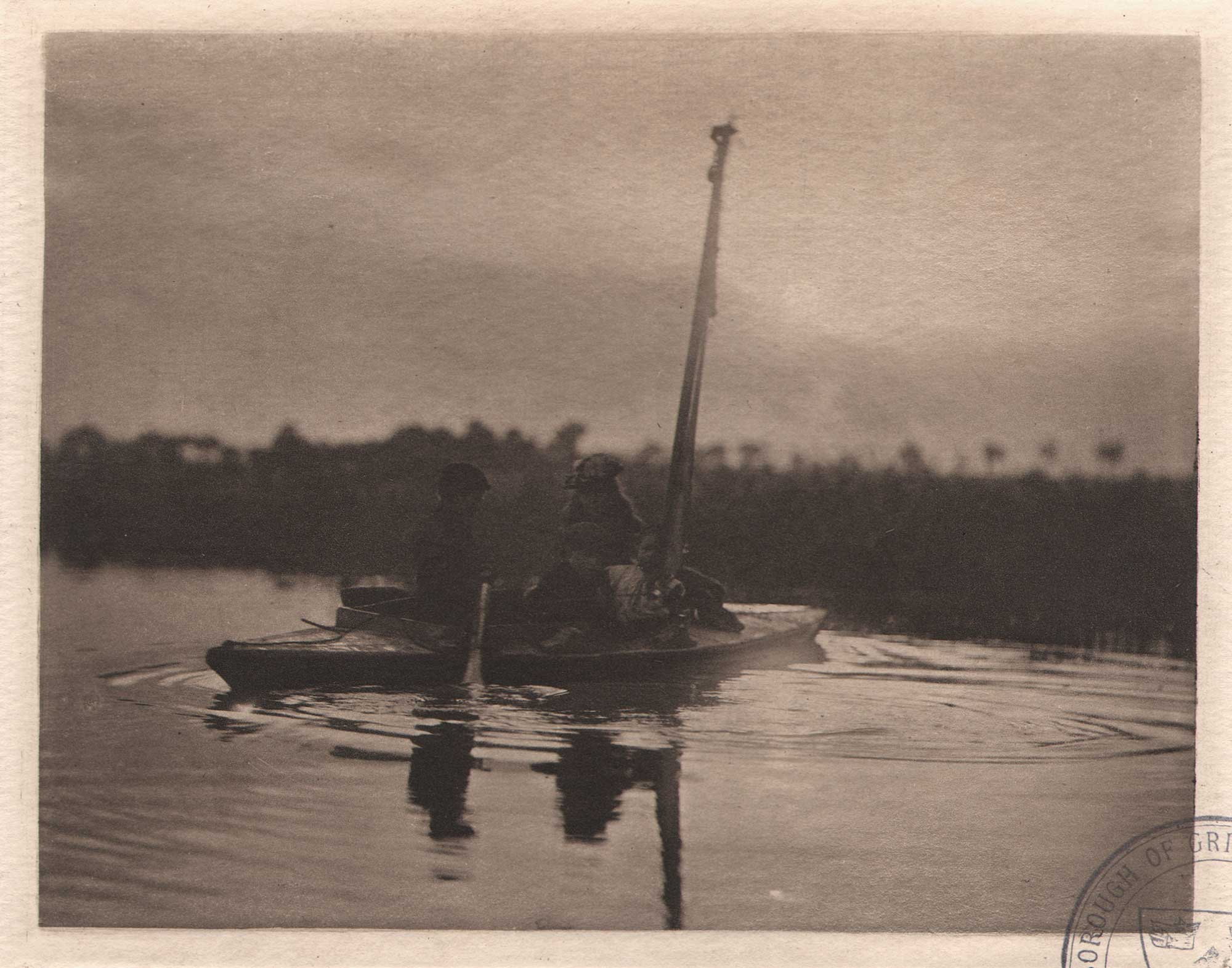
Children of the Broad
Aboard a small boat, similar to a marsh punt fitted with a sail mast, four children, with a boy at rear doing the paddling, navigate what is believed to be Rockland Broad or one of its’ tributaries. The plate appears opposite the start of Chapter XIII: On Rockland Broad:
“We left next morning in stormy weather, shoving to Rockland Broad. Towards sunset a thick mist arose and enveloped us, for the wind had dropped and left a fleet of wherries becalmed, whilst their crews busily boiled their kettles. As we turned into Rockland Dike the vapour got thicker and the willows seemed asleep. It is marvellous how clearly sounds can be distinguished in such weather-we could hear the clank of oars on the broad, voices on the distant marshes, and an accordion playing in the village accompanied with the silvery laughter of girls; but all these sounds seemed ghost-like. One felt as if the formless, silent grey world around us was peopled with phantoms whose voices sounded clearly though afar off.” ⎯On English Lagoons, Chapter XII, p. 48
